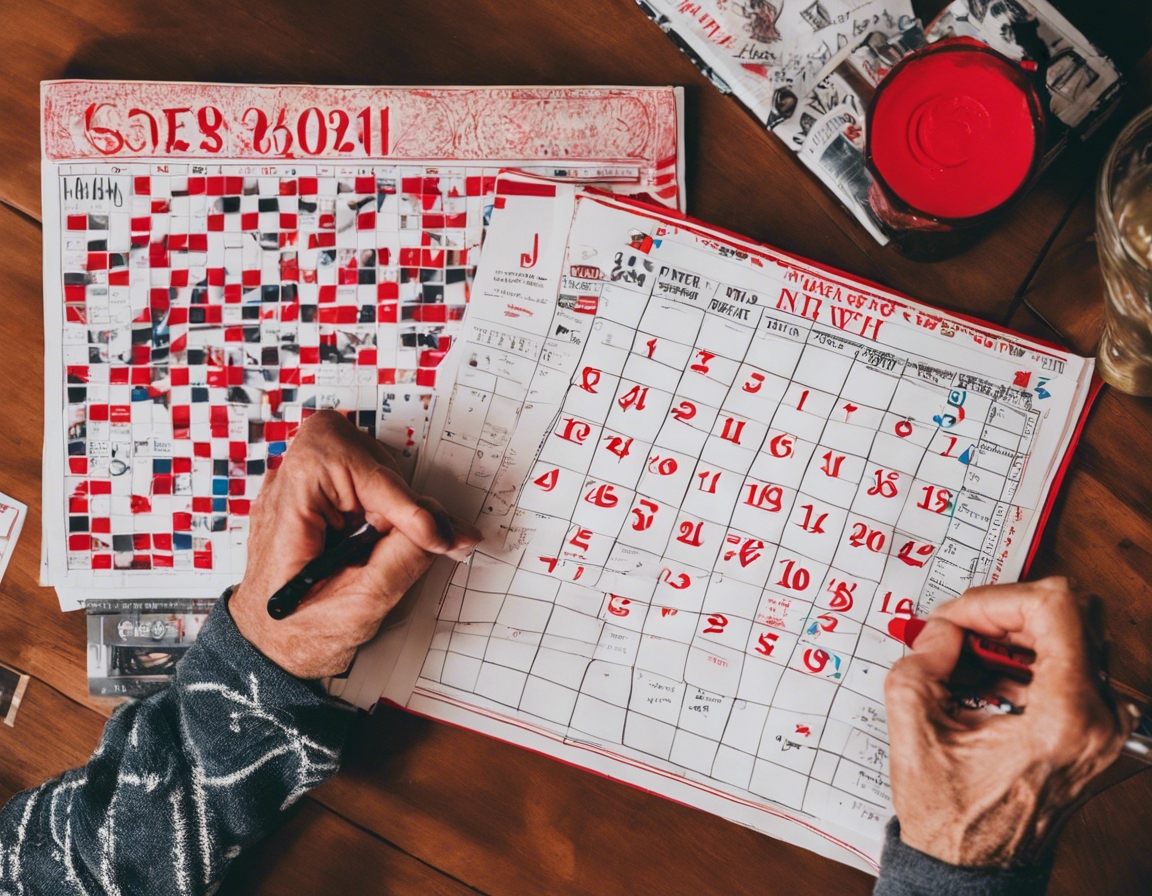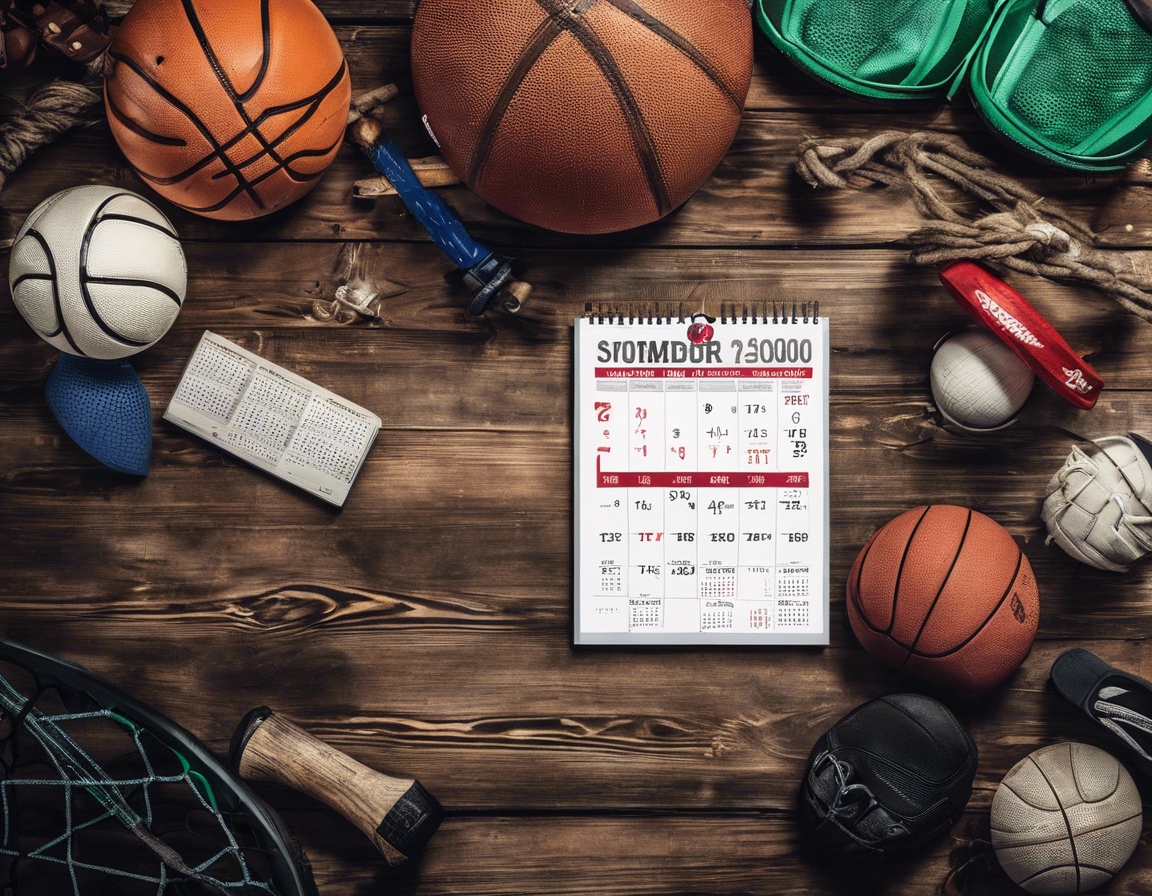5 tips for preparing for your next triathlon
Triathlons are a test of endurance, versatility, and strength, challenging athletes to compete in swimming, cycling, and running in a single event. Proper preparation is not just beneficial; it's essential for success. Whether you're a seasoned triathlete or a beginner, these five tips will help you prepare for your next triathlon.
Tip 1: Develop a Structured Training Plan
Before diving into training, it's crucial to evaluate your current fitness level. This assessment will guide you in setting realistic goals and creating a training plan that addresses your strengths and weaknesses.
A structured training plan should balance the three disciplines of triathlon while allowing for adequate rest and recovery. Incorporate interval training, long-distance workouts, and brick sessions to simulate race conditions.
Tip 2: Focus on Nutrition and Hydration
Nutrition is the fuel that powers your training and racing. A diet rich in carbohydrates, proteins, and healthy fats is crucial for endurance and recovery. Don't forget to include plenty of fruits and vegetables for their vitamins and minerals.
Hydration affects performance significantly. Develop a hydration strategy that includes pre-race, during, and post-race fluid intake. Experiment with electrolyte solutions to find what works best for you.
Tip 3: Invest in the Right Gear
Investing in quality gear can enhance your performance and comfort. This includes a reliable bike, a wetsuit for open water swims, and running shoes that provide the right support.
Triathlon-specific apparel can make transitions smoother and improve your overall race experience. Look for quick-drying, chafe-resistant clothing that offers the right fit.
Tip 4: Practice Transitions
The transition area is where seconds can be lost or gained. Practice setting up your transition area to be efficient and organized. Familiarize yourself with the layout and rules of the transition area for your specific race.
Transition drills should be a regular part of your training. Practice switching from swimming to cycling and cycling to running to reduce your transition times.
Tip 5: Mental Preparation and Strategy
Mental toughness can be as important as physical strength. Incorporate visualization, positive self-talk, and stress management techniques into your training.
Have a clear strategy for race day. Know the course, decide on pacing, and have a plan for nutrition and hydration. Stay flexible and be prepared to adapt to the day's conditions.






Comments (0)